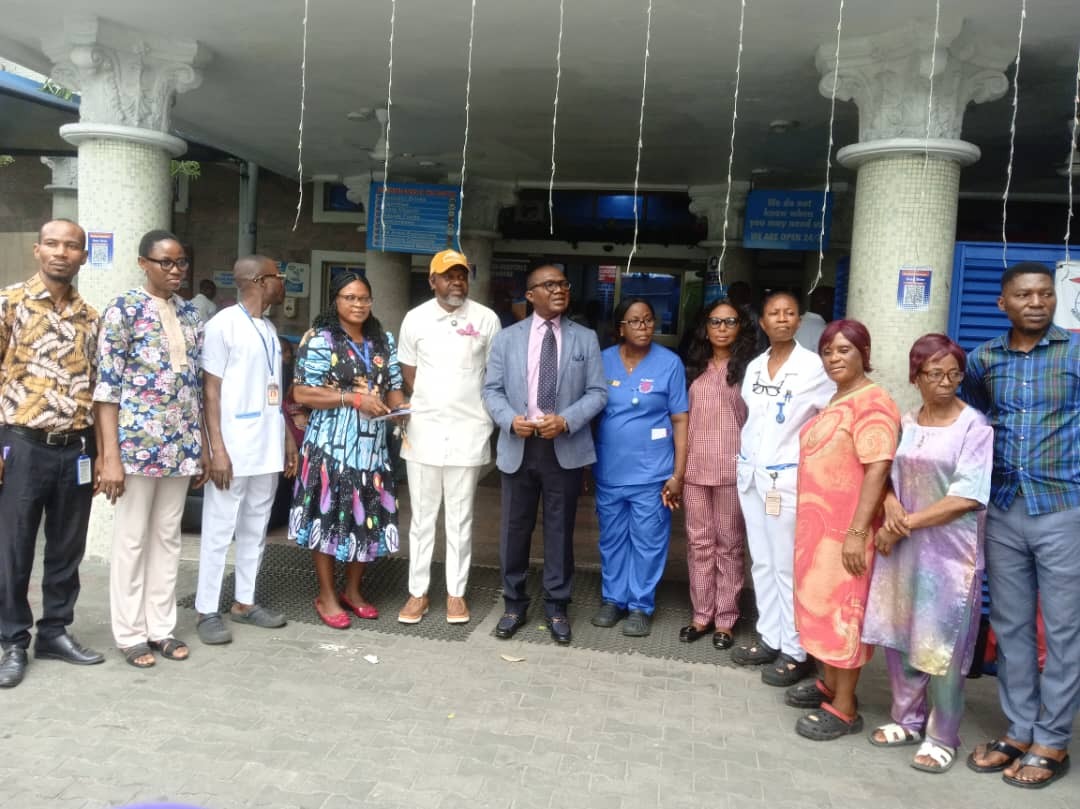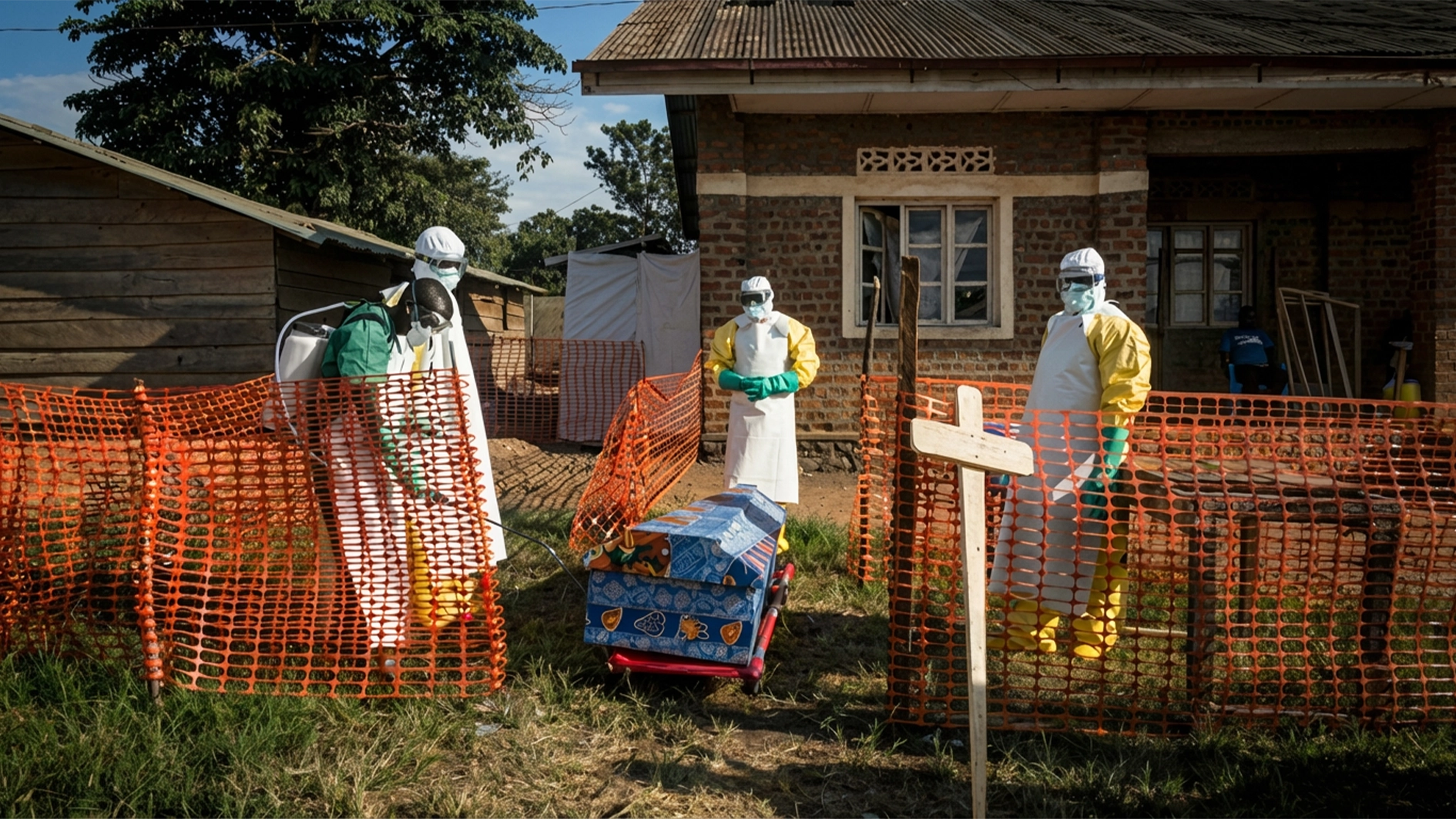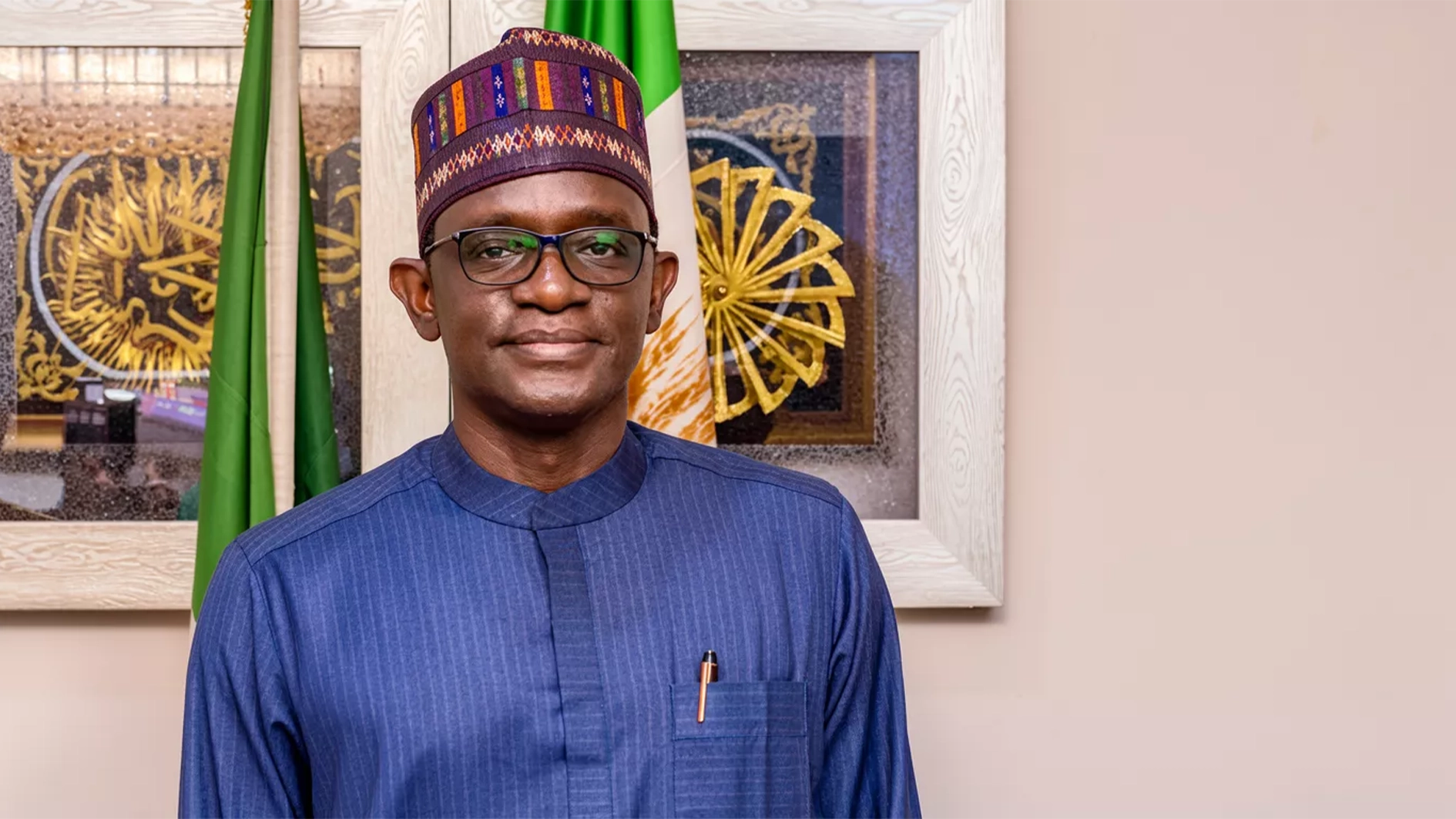About 18 million cases of malaria are being prevented every year in the country through intensified national interventions.
Minister of State for Health and Social Welfare Dr Iziaq Salako, who disclosed this at the 2025 Nigeria Health Sector-Wide Joint Annual Review (JAR) in Abuja, said that the progress is a powerful demonstration of what sustained political commitment can achieve.
Salako observed that key gains have emerged from strategic investments, including the distribution of 63 million insecticide-treated nets between 2021 and 2023, which has led to nearly 70 per cent of households owning at least one net.
The minister noted that more than half of pregnant women now receive preventive malaria therapy, adding that this has contributed significantly to reductions in maternal and child deaths.
Citing findings from the 2023 Nigeria Demographic and Health Survey (NDHS), Salako listed significant improvement in the nation’s health indices, including Maternal mortality declined from 576 to 512 deaths per 100,000 live births, under-five mortality fell from 132 to 110 deaths per 1,000 births, full immunisation coverage increased to 39 per cent and skilled birth attendance rose to 53 per cent, among others.
He said, “These numbers tell the story of a health system that, despite immense pressure, continues to deliver life-saving progress.”
The minister, however, expressed concern over the country’s doctor-to-patient ratio of 1:5,000, compared to the WHO benchmark of 1:600.
Salako noted that government health spending remains low at 5.2 per cent of GDP, well below the 15 per cent Abuja Declaration target, while out-of-pocket payments stand at a high 71 per cent, pushing millions into poverty.
“These are formidable obstacles,” he admitted, warning that without bold reforms in financing and workforce development, progress could stall.
Salako highlighted several reforms under the Nigeria Health Sector Renewal and Investment Initiative (NHSRII), including the recruitment of over 37,000 health workers since 2023, supported by a new Health Workforce Migration Policy to curb brain drain, and wider insurance coverage through the National Health Insurance Authority (NHIA), now reaching more than 20 million Nigerians.
Others are the expansion of the Basic Health Care Provision Fund (BHCPF), with fund absorption rising from 45 per cent in 2019 to 78 per cent in 2023; the Power for Health Initiative, aimed at providing reliable, green and hybrid energy to health facilities; and the strengthening of the Nigeria Digital Health Initiative (NDHI) to improve data quality, accountability, and service delivery.
The minister emphasised the need to accelerate efforts to meet the health needs of Nigeria’s 230 million citizens through unified action across all levels of government, partners, and communities.






